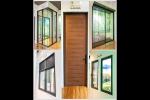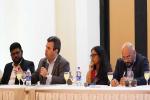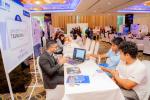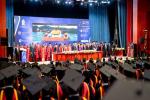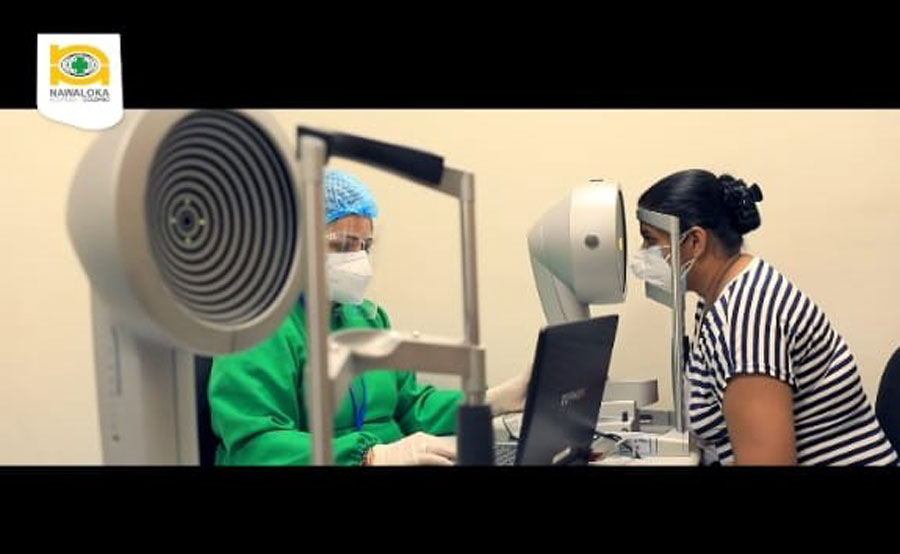Without the daily hindrances of glasses or lenses, life is just that bit more freeing, enjoyable and unhampered by a constant demand.
For over 25 years now, refractive surgeries such as Lasik (Laser In-Situ Keratomileusis) and Lasek (Laser Assisted Sub-Epithelial Keratectomy), has been a place of refuge and miracle for many looking to restore their vision to its former glory.
But there are still others that have not heard about these procedures, while many more lack full awareness of the process, famed for its quick results and painless nature.
It should however be mentioned, that while many undergoing Lasik or Lasek achieve 20/20 vision, some still eventually might require glasses for driving at night or even reading as they age.
However, not all who want to refractive surgery qualify to receive it.
Patients should be between the ages of 18 to 45 with generally healthy eyes and cornea free of disease.
They are first screened thoroughly and asserted that they have suffered from stable refractive errors for atleast one year, with nearsightedness, farsightedness or astigmatism, while their cornea is also measured for thickness and structural normality.
Those who are pregnant or nursing also do not qualify to refractive surgery within this period.
Refractive Surgery consists of three parts, and is performed on an “outpatient basis" on the day of the surgery.
First, anesthetic eye drops are administered to numb the eye to accommodate a comfortable, painless surgery experience for the patient.
The eyelids will be then be kept open by a device called a 'speculum', while the patient is requested to fixate his vision on a red light during the procedure.
In Lasik Surgery, a thin flap of corneal tissue is peeled off with one end of it still attached to the cornea, after which the cornea is reshaped to suit individual requirements by Excimer laser.
Thereafter, excimer lasers create a cool light beam to remove microscopic amounts of tissue from the cornea to reshape it so light entering the eye focuses more accurately on the retina for improved vision.
For nearsighted people, the goal is to flatten the cornea; with farsighted people, a steeper cornea is desired.
Excimer lasers also can correct astigmatism by smoothing an irregular cornea into a more normal shape.
Afterwards, the cornea flap is placed back on the cornea (like a door being closed), allowing the flap to adhere to its original position within five minutes.
This enables the procedure to end in just a few short minutes, and paves the way for greatly improved vision over the next days.
A day of rest is generally prescribed, although it is usually recommended that one refrains from any strenuous exercise for at least a week, since this can affect healing.
For patients undergoing Lasek Surgery, generally those with a thin cornea or with pre-existing medical conditions, an alcohol solution is put onto the surface of the eye and an ultra-thin sheet is applied.
This alcohol solution loosens the thin layer of cells on the eye’s surface called the epithelium.
These cells then stick to the sheet, which is then gently moved to the side of the eye, giving the surgeon access to the layer of the cornea which will be treated by the laser.
Generally, Lasek Surgery takes a longer period of recovery than its counterpart Lasik.
Leading private healthcare provider, Nawaloka Hospitals, operates a state-of-the-art Lasik Centre in Colombo that has so far successfully performed over 12500 successful refractive surgeries.
The centre is currently the only one-stop Lasik treatment centre in the country, enabling patients to get all the diagnostic, treatment and surgery procedures completed at one location.
It is operated and lead by a team of experienced and highly skilled eye surgeons and healthcare staff, aided by a fully-equipped unit fitted with the most advanced machinery and technology capable of performing extremely delicate treatments.
Nawaloka Lasik Centre offers Lasik for refractive errors, Corneal Collagen Cross Linking Treatment for Keratoconus (CXL), Corneal Collagen Cross Linking Treatment with Trans Epithelial Riboflavin Solution, Topoguided PRK, Topoguided PRK with corneal collagen cross linking treatment and Lasik extra.




